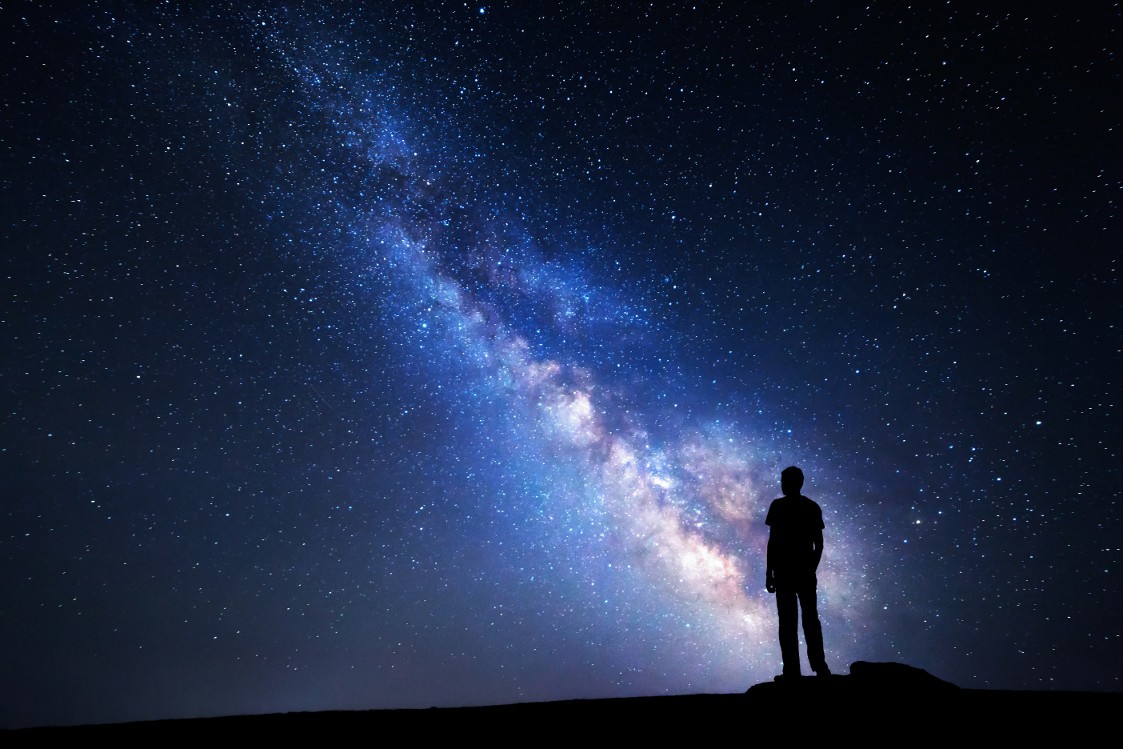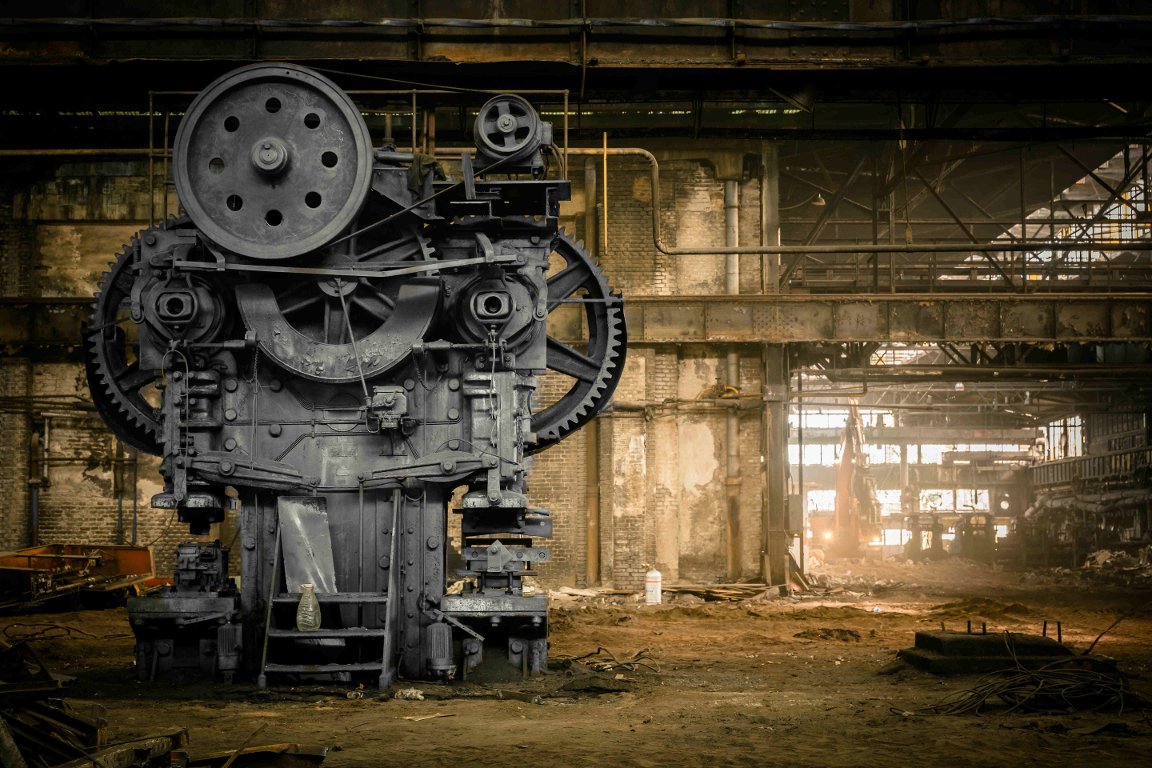The Edge of the World

He was nine the year he lost his grandfather. All that was left was a note: “Gone to the edge of the world.” He never saw him again. At age seventy-five, the man decided to follow in his grandfather’s footsteps.
His grandfather would tell him stories about the edge of the world, how his own father had taken him to see it when he was only a child, how they’d sailed across the ocean for months on a private boat, how the experience had haunted him the rest of his life. He’d said that with every passing year it called to him with increasing urgency, until it was all he could do to keep from running away and jumping into the empty cosmos beyond.
He used to think they were just stories. Now he knew better.
He was an educated man, and he knew the world was round. He’d flown all over the globe, had explored more than a dozen countries in pursuit of something elusive and unseen, something that up until very recently had remained an unarticulated mystery. He also knew that if you sailed long enough you’d encounter the edge of the world. He was certain because he’d been there.
He’d sold everything he owned, bought a small boat and sailed for months without stopping, just as his grandfather had told him. It wasn’t hard to find. He only had to choose the brightest star in the sky and follow it across the horizon. But the journey was long and perilous, and after he ran out of food and water he was sure death would take him.
That was when he found what he was looking for.
Most people, if they believe in the edge of the world, think it’s somewhere in the middle of the ocean, a colossal Earth-sized waterfall cascading down into endless black. His grandfather had known better, and the old man had passed the knowledge on to him.
His tiny boat washed up on an impossibly large shore, a flat carpet of wind-smoothed sand. He blinked when he came to a stop, hardly daring to believe he’d been successful. He tumbled awkwardly over the side, pushed himself to his feet and reached back into the boat to pull out an old gas-lit lantern. He removed a set of matches from his pocket, which he’d carefully packed inside multiple layers of plastic zip lock bags to keep them dry, and ignited the burner to produce a flickering flame. Finally, lantern at the forefront, he pressed into the dark, the flame forming a small orange halo on the sand.
His grandfather had told him this place was special, that here it was always night, and what he found corroborated the old man’s story. Though his watch said it was two thirty in the afternoon, the cosmos were laid bare before him, naked and unashamed, stars dusting the sky like ground gemstones. And ahead, just a few hundred meters away, was the edge of the world.
It was not the steep drop of a precipice. Instead the sand, turned pale gray in the light of the moon, faded to black like a fine mist, pocked occasionally by tiny wellsprings of darkness like mini black holes. As he walked, the ground became mushy, soft and pliable. And ahead, where he dared not go, it thinned to a nearly transparent film, beneath which there was only the black of space and the shimmering stars beyond.
He lifted his head and the lantern, risked a peek over the edge. But the space beyond swallowed the feeble light and refused to reflect any of it back. Well, he supposed there were some mysteries that weren’t meant to be solved, at least not on this side of the cosmic divide.
Anyway, he would discover soon enough what the universe was keeping from him. It had been calling to him for a while, only he hadn’t recognized the call for what it was. Until now.
He stood at the edge and gazed into eternal night. “I’m coming, grandfather.”
Then he closed his eyes and jumped.
Enter your email address and click "Submit" to subscribe and receive The Sign.
